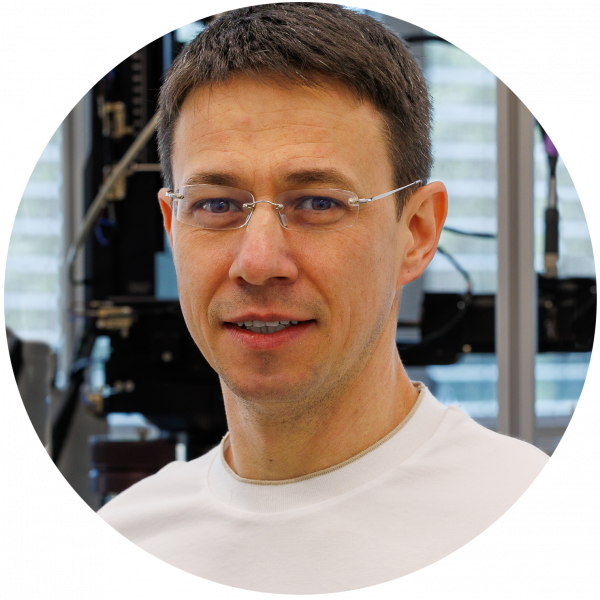Superdifusion in a Heisenberg magnetic chain
7. 12. 2022
Dr. Enej Ilievski, Faculty of Mathematics and Physics, University of Ljubljana
Quantum black holes: an encounter between Hawking and Ramanujan
1. 12. 2022
Prof. Dr. Atish Dabholkar, International Centre for Theoretical Physics (ICTP), Trieste, Italy
In the depths of the atom
23. 11.2022
Prof. Dr. Alojz Kodre, Faculty of Mathematics and Physics, University of Ljubljana
Domain-wall dynamics in ferroelectric and relaxor-based ceramics
16. 11. 2022
Prof. Dr. Tadej Rojac, Jožef Stefan Institute
Usual and unusual states made of quarks
10. 11. 2022
Prof. Dr. Saša Prelovšek Komelj, Jožef Stefan Institute and Faculty of Mathematics and Physics, University of Ljubljana
Processing matters: materials challenges for the second quarter of the 21st century
26. 10. 2022
Prof. Dr. Geoff Brennecka, Colorado School of Mines, USA
Geo-inspired ceramic carriers: from design to medical applications
21. 9. 2022
Dr. Bogdan Parakhonskiy, Ghent University, Belgium
Innovations in radiation medicine
7. 9. 2022
Prof. Dr. Thomas Rockwell Mackie, University of Wisconsin, USA
Additive Manufacturing and Liquid Crystal Technologies
15. 6. 2022
Prof. Dr. Stephen M. Morris, University of Oxford, United Kingdom
Modelling chemical pollution to support a safe and sustainable chemicals management
5. 5. 2022
Prof. Dr. Peter Fantke, Technical University of Denmark, Denmark
Humanoid Robotics – Understanding Human Performance and Intelligence
24. 3. 2022
Prof. Dr. Tamim Asfour, Karlsruhe Institute of Technology (KIT), Germany
Challenges of the internet of the future: security, connectivity and humanity aspects
23. 3. 2022
Prof. Dr. Borka Jerman Blažić, Jožef Stefan Institute
What does a black and white picture of atoms tell us?
22. 3. 2022
Prof. Dr. Goran Dražić, National Institute of Chemistry and Jožef Stefan Institute
Haze Instruments d.o.o., Measurement of aerosol absorption with a photothermal interferometer
21. 3. 2022
Prof. Dr. Luka Drinovec, University of Nova Gorica and Jožef Stefan Institute
Haze Instruments d.o.o., Light absorption in aerosols affects climate – how do we measure it?
21. 3. 2022
Prof. Dr. Griša Močnik, University of Nova Gorica and Jožef Stefan Institute
FAIR – the universe in the lab
16. 3. 2022
Prof. Dr. Paolo Giubellino in Joerg Blaurock, GSI and FAIR, Darmstadt, Germany
From quantum impurities to quantum devices
12. 1. 2022
Assoc. Prof. Dr. Rok Žitko, Jožef Stefan Institute and Faculty of Mathematics and Physics, University of Ljubljana




